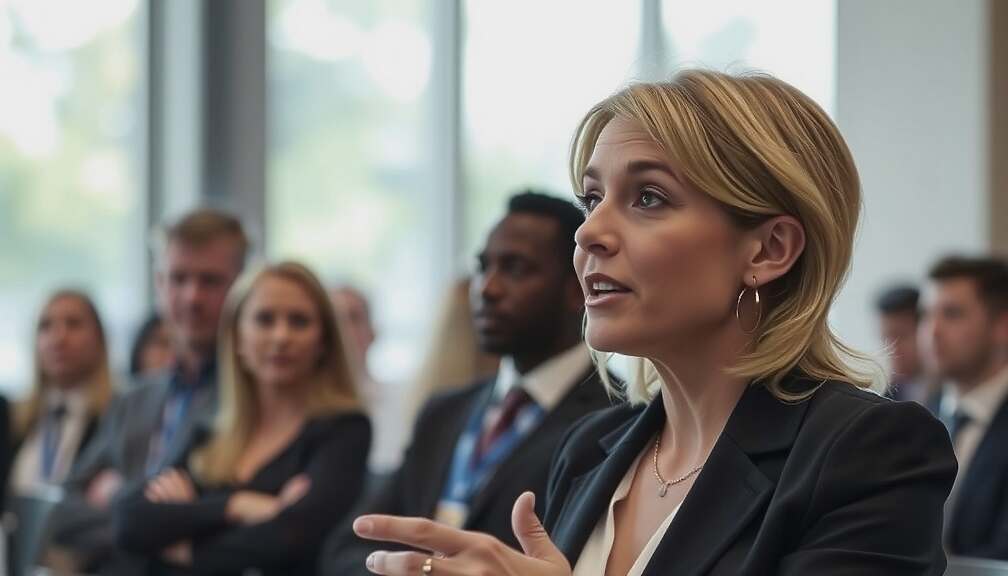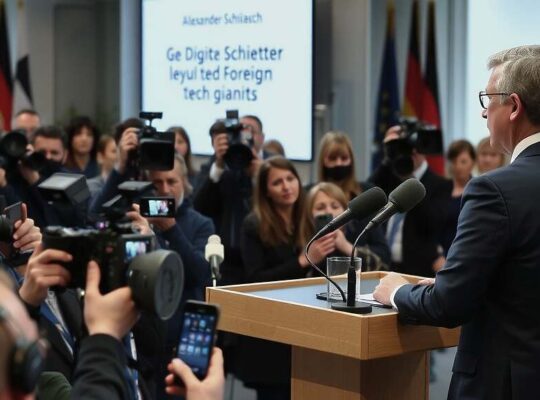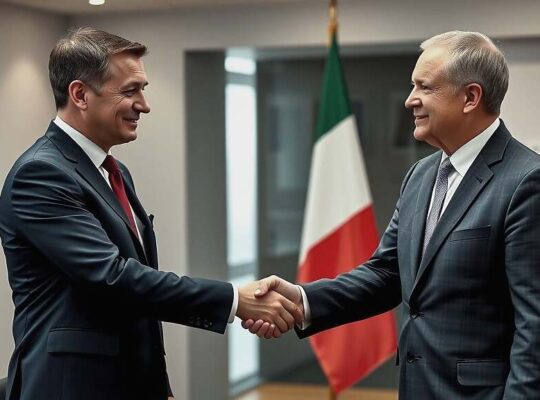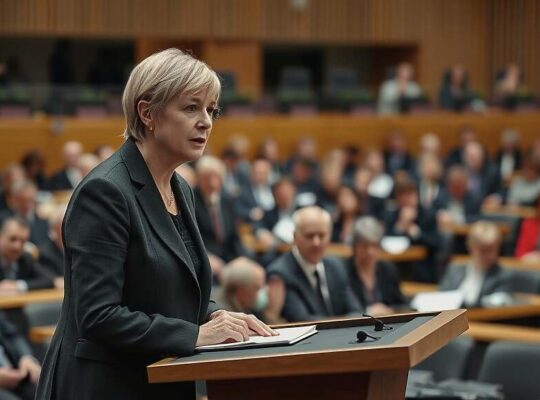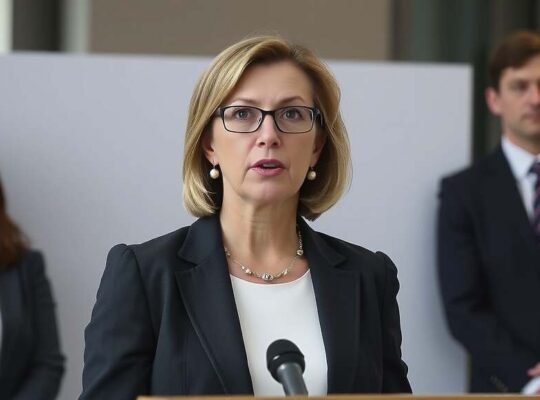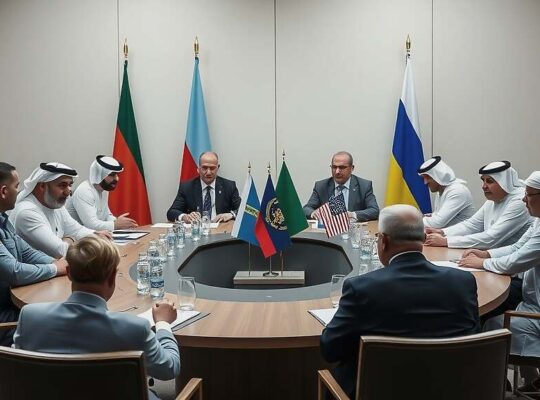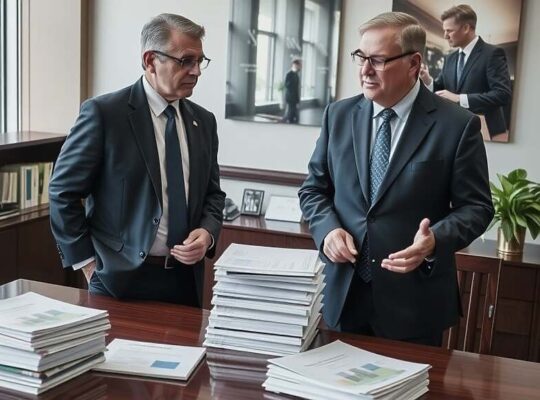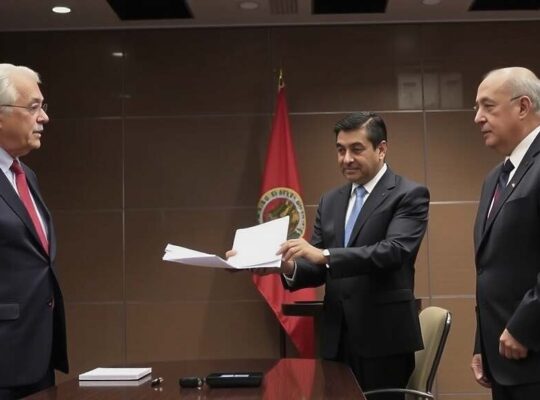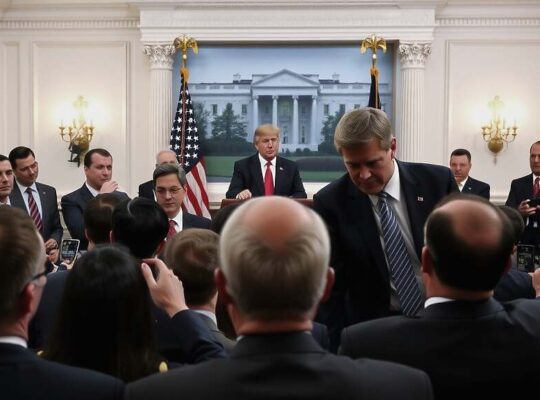The need for reform within the United Nations Security Council is “absolutely overdue” according to Annalena Baerbock, the current President of the UN General Assembly. However, she expressed skepticism regarding significant progress during her one-year tenure, acknowledging that a breakthrough remains elusive. Speaking to Politico, Baerbock emphasized a strategy of incremental change, focusing on measures like increased transparency and accountability following veto exercises.
Despite persistent gridlock, Baerbock staunchly defended the enduring relevance of the UN, arguing that its absence would render no nation more secure. Her vision includes streamlining the organization’s operations through consolidation of agencies, greater utilization of local expertise and integration of artificial intelligence to address what she described as “significant financial pressure” and refocus efforts on core mandates.
The upcoming selection of a successor to UN Secretary-General António Guterres has also drawn Baerbock’s attention. She voiced strong advocacy for a woman to lead the organization, highlighting the inherent contradiction of a body championing women’s and human rights having yet to appoint a female leader in its 80-year history. She deemed such a lack of representation “out of step with modern times.
Addressing the role of the United States, Baerbock recognized continued, albeit critical, support for multilateralism. She stressed the importance of major powers accepting responsibility and upholding the UN Charter, while acknowledging the necessity of the body as a platform for resolving disputes and developing solutions, even amidst controversy.
Germany’s role within the UN was also addressed, with Baerbock referencing the nation’s historical obligation and active pursuit of a non-permanent Security Council seat. Acknowledging the growing call for enhanced representation, particularly from Africa and Latin America, she recognized the evolving demands for a more equitable distribution of influence within the international body. The challenge, she implies, lies in balancing Germany’s ambition with the wider imperative for a more inclusive and representative UN.


